Rediscover Hope in Spite of Depression


Understanding Depression: The Invisible Struggle
Depression is more than just crying or having a bad day—it’s a deep and pervasive feeling of sadness, a lack of joy, an emptiness, that just doesn’t seem to go away. From losing interest in activities you once loved, to feeling hopeless and fatigued, depression can make it difficult to function day-to-day. It’s a condition that affects millions of people globally, but with the right support, recovery is possible.
You’re Not Alone: Depression is More Common Than You Think
It’s important to remember that you’re not alone in this struggle. According to the World Health Organization (WHO), more than 280 million people worldwide suffer from depression. For some, significant losses or prior traumas may have triggered their depression. Others may have difficulty implementing lifestyle factors, like exercising or eating the right foods. These habits highly influence your level of serotonin (feel-good messenger and hormone) and dopamine (reward and pleasure messenger and hormone), both of which are important for regulating your mood. Despite its prevalence, depression often goes unspoken as it can be hard to reach out for help, especially if others lives appear easier and more perfect than yours.
The Influence of Depression on Your Life
Depression can take a heavy toll on both your mental and physical health. It often leads to a range of symptoms, including persistent sadness, changes in appetite, sleep disturbances, and difficulty concentrating. These symptoms can make it challenging to maintain relationships, perform at work, or even get through the day. Depression can feel like a hole you will never be able to climb out of, but therapy can provide a hand up out of your situation back onto a brighter path.

The Importance of Depression Therapy
Therapy is a proven and effective way to treat depression. It offers a safe and supportive environment where you can explore the underlying causes of your depression, develop coping strategies, and feel seen. Cognitive Behavioral Therapy (CBT) is one of the most commonly used methods, helping you to challenge negative thoughts and behaviors. Other approaches, such as Narrative Therapy, can help you focus on improving the story you keep telling yourself and the meaning you have made out of certain life events. EMDR Therapy also has a depression based protocol used to reduce the distress and symptoms that often accompany depression.
Many people find that therapy not only alleviates their depressive symptoms but also leads to lasting positive change in their life.
Overcoming Reservations About Therapy
It’s natural to have reservations about starting therapy. You might feel uncertain about opening up or worry about being judged. However, therapy is a confidential space where your feelings are respected and validated. At Liminal Counselling, we understand the courage it takes to seek help, and we’re committed to providing a compassionate, non-judgmental environment. Our approach is personalized to meet your specific needs, ensuring that you feel supported every step of the way.
Beginning Your Journey: What to Expect in Depression Therapy
- Initial Assessment: In the first few sessions, your therapist will gather information to understand how you became depressed. This helps in developing a personalized treatment plan tailored to your specific needs.
- Building Trust and Safety: Establishing a trusting relationship with your therapist is important. Sessions will focus on building rapport and creating a safe and supportive environment where you feel comfortable and seen.
- Understanding Your Depression: Together with your therapist, you will identify the specific situations, thoughts, or behaviors that contribute to your depression. Understanding how your depression has developed can help to determine if your depression is situational or pervasive and how to best work on it.
- Developing Coping Strategies: You and your therapist will identify which behaviors may be reinforcing your depression and work to create new habits that can improve your mood and daily functioning. These may include:
- Cognitive-Behavioral Therapy (CBT): Helps you identify and change negative thought patterns and behaviors that contribute to your depression.
- Narrative Therapy: Helps you understand the story you keep telling yourself about your depression and uncover the meaning you are making out of feeling depressed.
- EMDR Depression Protocol: Helps you target and resolve specific depression-inducing memories.
- Mindfulness and Relaxation Techniques: Practices such as deep breathing, meditation, and progressive muscle relaxation to help calm your mind and body.
5. Setting Goals and Monitoring Progress: Your therapist will help you set achievable goals for your depression management and regularly monitor your progress. This ensures that you stay on track and make consistent
Start Your Healing Process: Contact Us Today
Taking the first step toward therapy can be intimidating, but it’s also a step toward reclaiming your life from depression. Contact us today to schedule a consultation and let us support you in finding the hope and happiness you deserve. Whether you’re dealing with mild, moderate, or severe depression, therapy provides a path to recovery and greater emotional resilience. You don’t have to face depression alone—reach out to Liminal Counselling in Ajax and start your journey toward healing today.
Depression Therapy Articles
Schedule a Free Consultation






